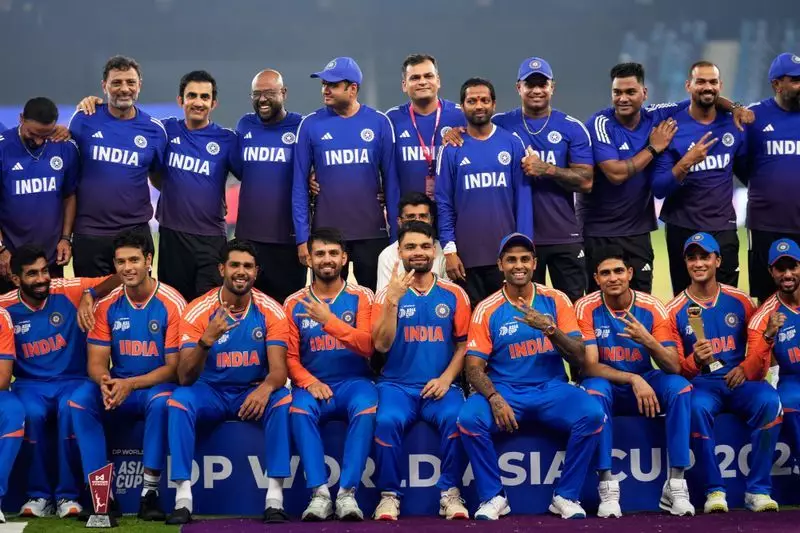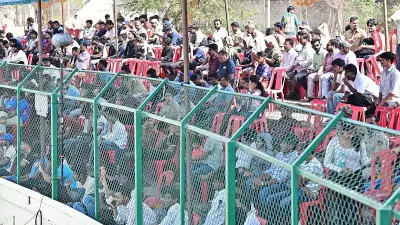
In a dramatic twist to the ongoing Asia Cup trophy controversy, the Board of Control for Cricket in India (BCCI) has successfully garnered support from two key cricket boards, while Pakistan Cricket Board (PCB) chairman Mohsin Naqvi remains unyielding in his position.
Cricket Administration Showdown Intensifies
The contentious issue revolves around the Asia Cup trophy presentation ceremony that has created ripples across the cricketing community. According to sources close to the development, BCCI secretary Jay Shah has managed to secure backing from both Sri Lanka Cricket and the Afghanistan Cricket Board in the ongoing dispute.
"The support from these two cricket boards significantly strengthens BCCI's position in the matter," revealed an insider familiar with the negotiations. "However, PCB chairman Mohsin Naqvi has categorically refused to budge from his stance, creating an impasse in the Asian Cricket Council."
Behind the Scenes Diplomacy
Multiple sources indicate that extensive backchannel discussions have been underway between the cricket boards involved. The BCCI's diplomatic efforts appear to have paid dividends with Sri Lanka and Afghanistan aligning with their perspective on the trophy presentation protocol.
"This isn't just about a trophy ceremony—it reflects the broader power dynamics within Asian cricket administration," commented a veteran cricket administrator who wished to remain anonymous. "The alliances being formed could have long-term implications for future tournaments and decision-making processes."
Naqvi's Uncompromising Stance
Despite the growing support for BCCI's position, PCB chairman Mohsin Naqvi has maintained his firm stance, refusing to concede ground in the dispute. Sources close to the PCB indicate that Naqvi believes the matter involves principles that transcend mere administrative formalities.
"The PCB chairman has made it clear that he won't compromise on what he perceives as matters of protocol and respect," a source within the Pakistan cricket board disclosed. "This has created a deadlock that might require higher-level intervention to resolve."
What's Next for Asian Cricket?
The ongoing standoff raises questions about the future functioning of the Asian Cricket Council and the organization of upcoming tournaments. Cricket enthusiasts and administrators alike are watching closely as this high-stakes drama unfolds, potentially reshaping relationships between cricket boards in the region.
As the situation continues to evolve, all eyes remain on whether a compromise can be reached or if the divisions will deepen, affecting future collaborations and tournament hosting rights within the Asian cricket community.






